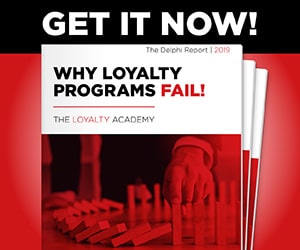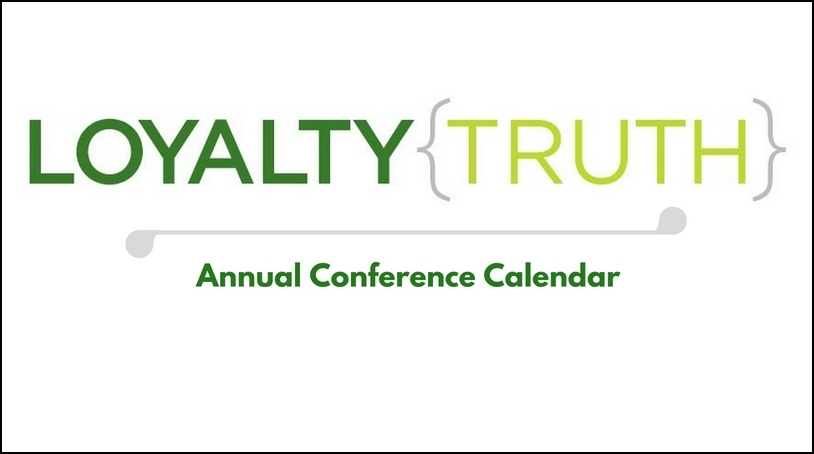There was a recent story in the New York Times business section that caught me eye. It was about the giant marketing and data company Acxiom and the news that, in the interest of transparency, they were now giving consumers a peek behind the curtain—and letting you see just what data they had collected on you and your family.
According to the article, Acxiom “has amassed details on the household makeup, financial means, shopping preferences and leisure pursuits of a majority of adults in the United States”. This data includes everything from your income, family status (married? kids?), to the car you drive and house you live in. Plus, and here’s where it get’s interesting, your recent purchase categories “like plus-size clothing or sports products; and household interests like golf, dogs, text-messaging, cholesterol-related products or charities”.
So what does Acxiom know about you? It’s easy to find out.
The company just launched a free Web site called AbouttheData.com that reveals all. And even though I work in marketing myself, I was curious. What data do they have? Is it correct? Do they really know about my family and all our past purchases? Is the data then evident in the advertising materials I receive? After all, the primary purpose of collecting this data is to tailor offers that are relevant to me and my family.
So I went to the Axciom, answered a few simple questions that ensured I was looking at my data and not somebody else’s, and glimpsed the same vital marketing information that direct marketers and list buyers see. The result of my query? A mixed bag.
While Acxiom knew the ages of my family members and my income, they had greatly overestimated the income of my wife. And while they knew the make and model of our primary vehicle, my home details were missing even though we had moved into a new place well over a year ago.
When it came to “purchase categories”, they did nail several that were big in our household, including pet supplies. (With nine cats, we’re in “crazy cat lady” territory.) They also called out the women’s fashion category, no surprise with a pair of fashionistas in my home. (Which helps explain the nearly daily fashion catalogs that wind up in our mailbox, many from marketers we’ve never purchased from.)
But according to a recent report in the online pub Digiday, Acxiom did a lot better with my data than they did with others. Among their staffers who checked out the site, one was incorrectly identified as a military veteran, another household was incorrectly flagged as having children, while a third person who doesn’t own a car was listed as having their auto insurance due the following month. Their conclusion:
The tool allows consumers to see what type of data is being used to target ads and offers to them, but it also highlights just how inaccurate that information is. One could easily see the site as a way to convince people they shouldn’t be alarmed by data brokers because who they think you are is far different from who you really are.
Does Axciom have your data right? You can find out here.
Editor’s note: I scanned my data after reading this article and found it to paint a generally accurate picture, but with data that seemed to be 3+ years old and with limited insight on my preferences. This reinforced my belief in the value of the data collected in customer loyalty programs as much better indicators of future purchase behavior.




